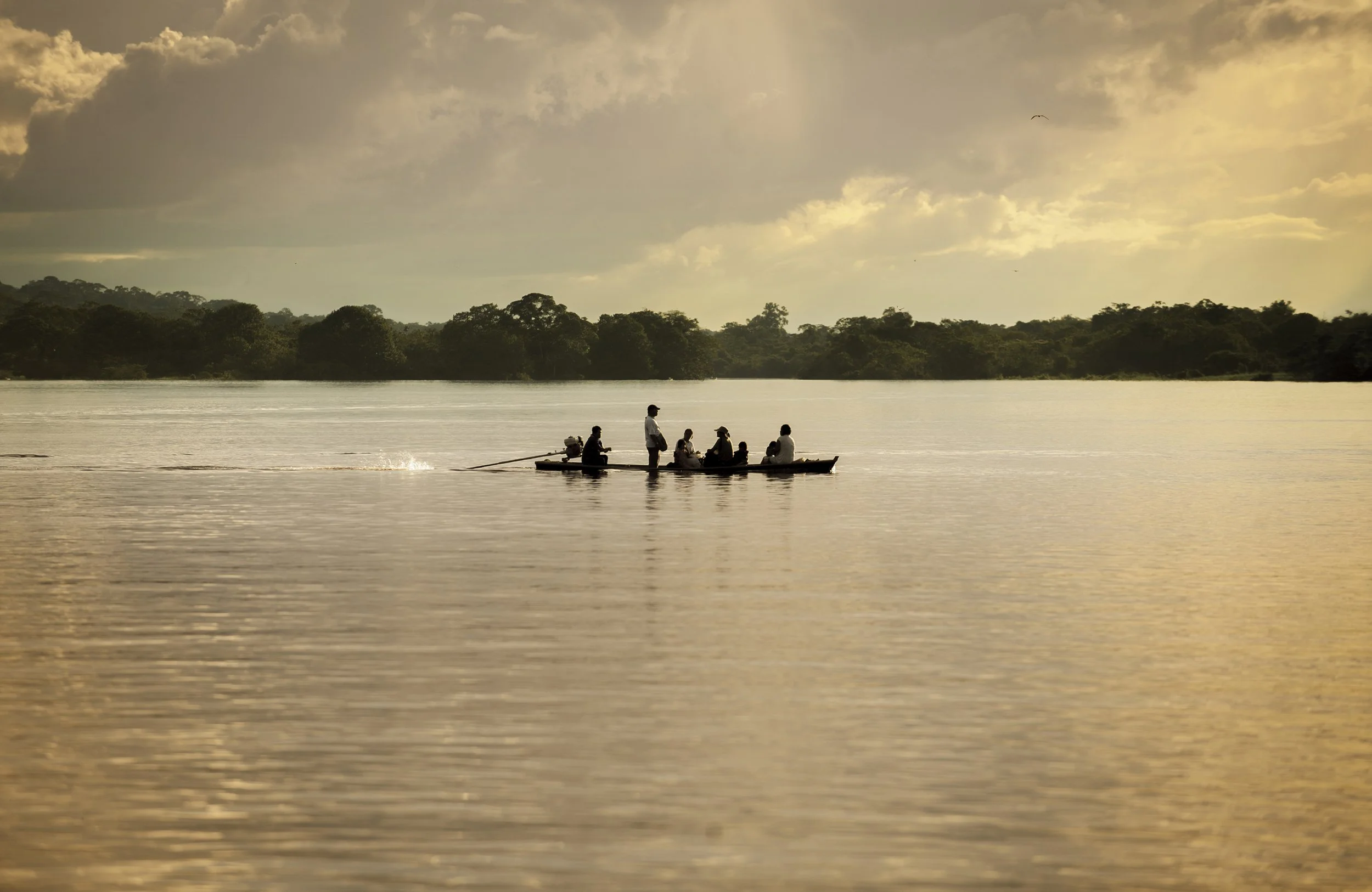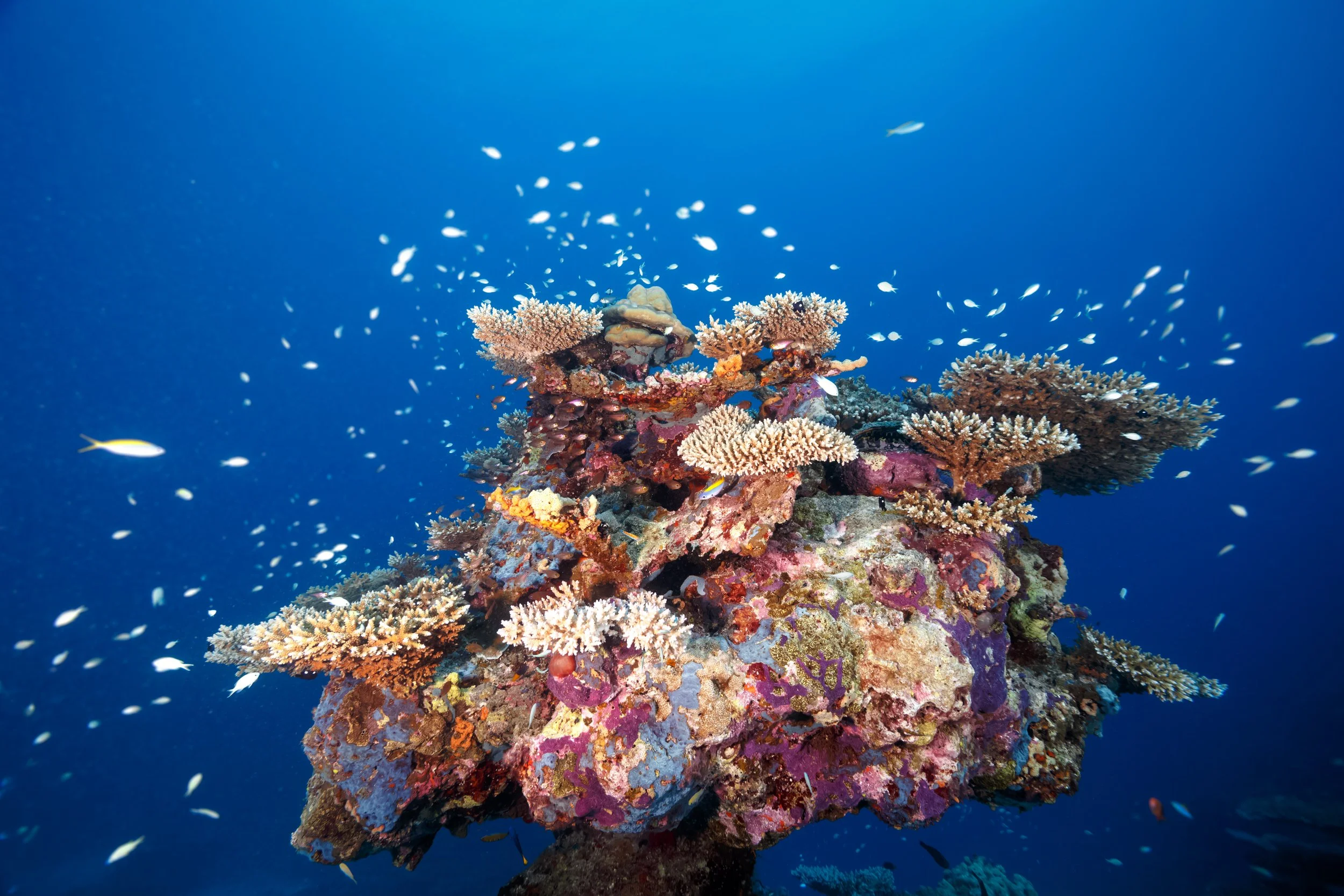Sustainable Excursions and Ecotourism Activities for the Conscious Traveller
Travelling the world can be an incredible adventure, but it's essential to consider how our journeys impact the environment and local communities. Sustainable experiences, excursions, and ecotourism activities offer a way to explore the world responsibly while still having unforgettable experiences.
Here, we explore a variety of eco-friendly tours and activities available to travellers and provide inspiration for businesses looking for sustainable excursion ideas.
Types of ecotourism activities and tours:
Nature and wildlife tours
Nature and wildlife tours offer travellers the opportunity to engage directly with diverse ecosystems and encounter native wildlife in their natural habitats, all while emphasising responsible tourism behaviours. Through collaborations with local guides and conservation organisations, these ecotourism activities and excursions aim to educate travellers about environmental conservation and promote ethical wildlife viewing.
By offering these types of tours, hotels and businesses can encourage travellers to deepen their understanding of the environment and contribute to conservation efforts to protect natural habitats.
Wildlife tours and excursions often include:
Eco-trekking and hiking: A great way to explore protected areas, national parks, and nature reserves, eco-treks and hiking tours offer travellers the opportunity to get close to nature and appreciate the natural beauty while minimising their impact on the environment. These tours often include educational, guided talks about the local area, flora and fauna. What’s more, with hiking experiences, you don’t have to travel far or fly around the world when there is nature to explore nearby, reducing your carbon footprint even further.
Nature and bird watching: Travellers can experience specialised tours led by knowledgeable guides in areas known for rich wildlife and nature, promoting conservation efforts. Locations like Costa Rica offer and encourage a variety of ecotourism activities, from hiking mountain trails to guided bird-watching tours, all set within 30 national parks, 19 wildlife refuges and 8 biological reserves.
Wildlife safaris: For travellers looking for a more immersive experience, wildlife safaris that prioritise animal welfare, avoid overcrowded parks and ensure minimal disturbance to wildlife are great ways to appreciate and support wildlife in their natural environments. Getting the chance to see the “big five” up close is an unforgettable experience, however, it’s important to consider ethical safaris that promote conservation and provide low-impact tourism experiences.
Giving guests an opportunity to get in touch with local nature and wildlife is key to many of The Long Run’s members; Borana Lodge in Kenya removes all distractions and takes guests into the bush on foot, New Zealand’s Tahi encourages visitors to delve into the forest’s depths in search of birdlife (including the rare kiwi bird), and the Colombia’s Nomad Lodges take travellers onto the famous Amazon river to witness it in all its glory.
Cultural and community-based experiences
By participating in local customs and traditions, travellers can gain a deeper appreciation of the destinations they visit and contribute positively to surrounding communities.
Businesses can encourage guests to support and contribute to local sustainability goals by offering ecotourism activities and community-based volunteering excursions. Not just for guests and travellers, but hotels can also encourage staff to make a difference in local communities.
Examples of cultural and community-based activities:
Cultural immersion tours: Visits to indigenous or local areas where guests can engage with communities and gain deep insight into their way of life, beliefs and traditions.
Farm stays and agro-tours: Visits to agriculture farms where travellers can learn about sustainable farming, get involved in rural activities and enjoy learning more about fresh, local produce.
Global Ecosphere Retreat®, Sasaab, is deeply integrated with the local Samburu culture and offers guests a chance to experience authentic cultural engagement, such as visiting with nearby tribes, taking part in traditional beading and craft workshops, and experiencing local cuisine, among many others.
Adventure and outdoor activities
Outdoor adventure experiences like cycling tours and kayaking offer thrilling and immersive ways to explore the outdoors whilst aligning with sustainable tourism principles. Utilising low-impact and environmentally friendly modes of transport whilst travelling, such as bikes and kayaks, helps to minimise carbon emissions and reduce travellers’ footprints.
With 86% of millennials preferring to travel for experience and culture, businesses can cater towards the growing demand for experiential travel by offering outdoor experiences and activities such as:
Cycling tours: Guided bike tours that explore scenic routes and local attractions while reducing carbon emissions.
Kayaking and canoeing: The perfect way to travel slowly, water-based activities encourage travellers to explore rivers, lakes, and coastal areas, often with a focus on marine conservation and education.
Rock climbing and mountaineering: Eco-friendly climbing expeditions that follow sustainable practices are valuable for the sustainable development of rural and mountainous areas around the world. Allowing travellers to enjoy the great outdoors and experience nature, rock climbing has a low environmental footprint when climbers follow “Leave No Trace” principles.
Marine and coastal activities
By offering activities like beach clean-ups, snorkelling tours that teach about coral conservation, or whale-watching trips that support marine research, tourism businesses can help raise awareness and directly contribute to ocean conservation.
As long as these activities are enjoyed ethically, travellers can participate in memorable experiences while learning more about the natural beauty and biodiversity of coastal areas and the protection of fragile marine habitats.
Snorkelling and scuba diving: Eco-friendly underwater tours that emphasise the importance of coral reef conservation and marine biodiversity encourage travellers to learn more about the ocean. By offering snorkelling activities and tours, businesses can support marine habitats and showcase how they promote responsible practices. Six Senses Laamu offers guided snorkelling and diving trips to guests, allowing them to learn about coral reef systems and the impact of climate change on marine life. Guests can also get involved with coral restoration projects and the Adopt a Coral program.
Beach clean-ups: It’s estimated that every year, 11 million tonnes of plastic enter our oceans. Many businesses are already focused on reducing plastic in the travel and tourism industry. By promoting activities like beach clean-ups, travellers can participate in organised efforts to remove rubbish and waste from local beaches and raise awareness about ocean pollution.
Travel and tourism businesses have a unique opportunity to offer excursions and ecotourism activities that enrich travellers’ experiences while promoting sustainability. The activities we explored, like guided hikes, wildlife watching, and marine excursions, can be designed to minimise environmental impact, support local communities, and raise awareness about conservation.
Find out more about our members who are pioneering eco-friendly practices, supporting local communities, and offering unique, environmentally conscious travel experiences.


